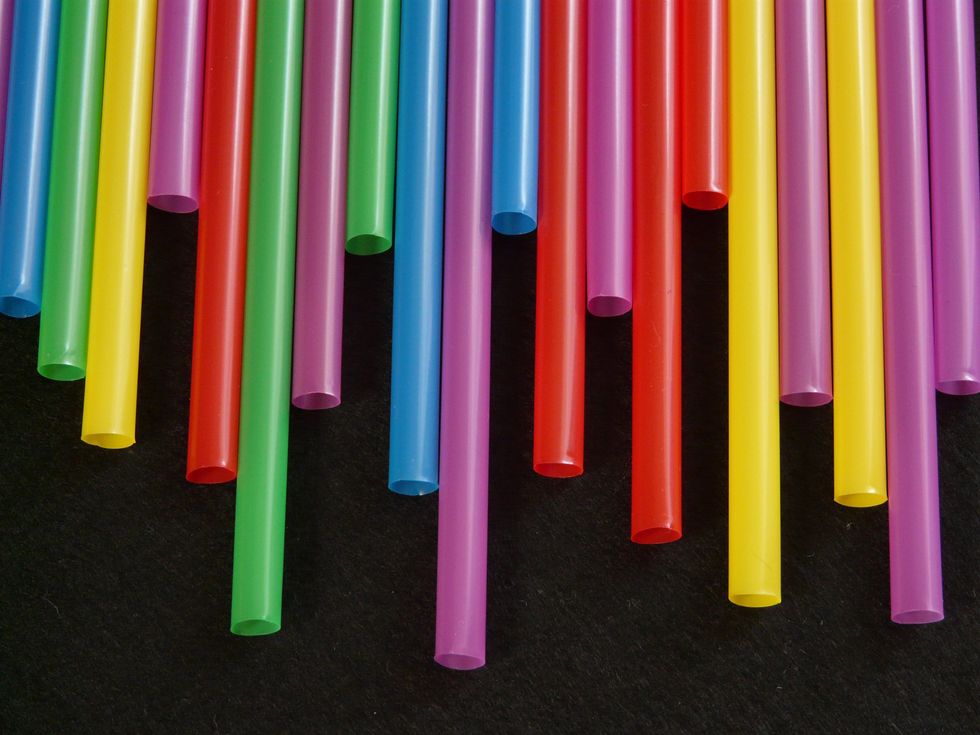We've all seen it in the news lately: the best way to save our planet at the moment is by getting rid of plastic straws. Even Starbucks is getting rid of their classic green straw to join the movement in order to protect animals and the environment from these deadly, single-use plastics.
The idea to rid the world of plastic straws, and to hopefully move forward and continue to outlaw all single-use plastics, is absolutely great and something I've been completely on board with over the past several months.
But here's the issue: getting rid of all plastic straws is ableism.
Ableism is defined as "the discrimination or prejudice against people who have disabilities." However, unlike racism or sexism, ableism isn't commonly discussed and most people don't even consider it when dealing with social issues. In fact, most people never consider ableist issues in any situation, which is clearly a problem when you realize that around 12.6% of the population in the United States - nearly 40 million people - are living with a disability.
Imagine how many times you take for granted the fact that when the elevator is taking too long in your apartment, you can just begrudgingly take the stairs instead. Or that when every other bathroom stall is occupied, you can simply take advantage of using the handicap stall and are even pretty grateful for the extra leg room. Without even realizing it, you're exercising your privilege of being able-bodied in these situations.
When it comes to having a disability, tasks that many people consider simple suddenly become dangerous, including drinking something without a straw.
For people with certain disabilities, plastic straws are a necessity in order to be able to drink, which is a necessity to stay alive. Although metal and other reusable straws seem like the solution to this issue, these can also be a danger.
So, of course, the movement to ban plastic straws as we work towards being more conscious of our effect on the environment is crucial to making people more aware of how many items we use that are hurting our planet. But while we're thinking of the animals in our neighborhood that could die from eating a straw, we also need to be thinking about our human neighbors who might need a plastic straw to drink a glass of water.
With each decision comes a consequence we may not even realize, such as the discrimination we are causing by choosing to rid the world of straws. So, as you request to get the new sippy-lid for your iced coffee at Starbucks, also consider how you can get Starbucks and other companies to invest in creating straws that are both environmentally friendly and safe for those with disabilities to use.




 Energetic dance performance under the spotlight.
Energetic dance performance under the spotlight. Taylor Swift in a purple coat, captivating the crowd on stage.
Taylor Swift in a purple coat, captivating the crowd on stage. Taylor Swift shines on stage in a sparkling outfit and boots.
Taylor Swift shines on stage in a sparkling outfit and boots. Taylor Swift and Phoebe Bridgers sharing a joyful duet on stage.
Taylor Swift and Phoebe Bridgers sharing a joyful duet on stage.













